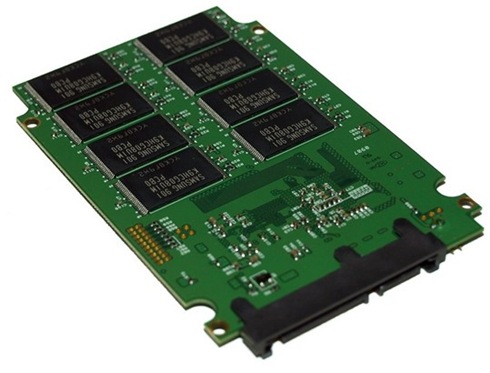OCZ and Indilinx develop firmware to solve SSD Garbage problem
Solid State Drives are pretty much guaranteed to take over Hard Drives in the future.
At the moment they are establishing their popularity with the enthusiast market but eventually they will become mainstream with consumers. This is mainly due to their low noise, low power consumption, blisteringly fast read times and increasingly fast write times.
Unfortunately SSDs have been plagued with a few serious issues. The first was the write speeds, but this is starting to be fixed, the 2nd was the lifespan, but again this is pretty much fixed. Lastly though there is an issue with the performance penalty associated with block-rewriting.
The flash memory used on today’s SSDs is comprised of cells that usually contain 4KB pages that are arranged in blocks of 512KB. When a cell is unused, data can be written to it relatively quickly. But if a cell already contains some data–no matter how little, even if it fills only a single page in the block–the entire block must be re-written. That means, whatever data is already present in the block must be read, then it must be combined or replaced, etc. with the new additional data, and the entire block is then re-written. As you can surmise, this process takes much longer than simply writing data straight to an empty block.
While this isn’t a problem for brand new drives, but on older drives that have had data constantly written, moved, deleted and replaced the SSD starts to see its performance degrade.
To mitigate this problem, virtually all SSD manufacturers have incorporated, or soon will incorporate, garbage collection schemes into their drives’ firmware that actively seek out and remove the garbage data.
OCZ in combination with Indilinx, for example, is poised to release new firmwares for OCZ’s entire line-up of Vertex Series SSDs that performs active garbage collection while the drives are idle to restore performance to like-new condition, even on a severely "dirtied" drive.
After some initial testing it has been found that after just 5 minutes of idle time the SSD was restored to near new conditions and an hour downtime is believed to be enough to totally restore performance!
Now all we need is the price of SSDs to drop a little(lot).

